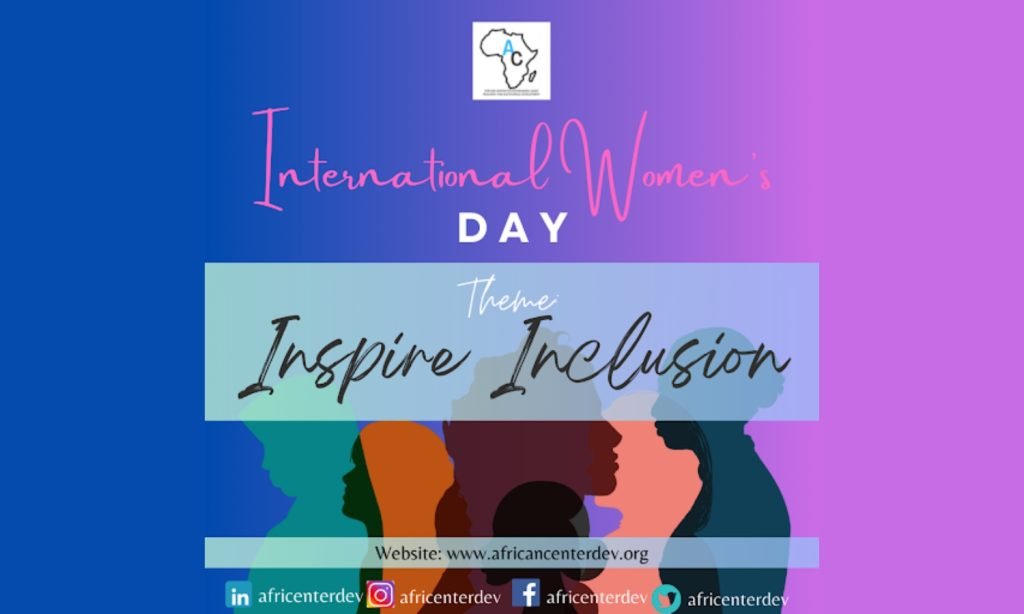With Contributions from Juliet Ibekaku-Nwagwu, Nnenna Eze and Emmanuela OkonkwoAbutu

As the African Union (AU) 38th Summit is going on in Addis Ababa, discussions on reparatory justice are gaining momentum. While the debate often focuses on reparations for slavery, historical crimes, and land restitution, there is an urgent need to broaden this conversation to include the recovery and return of proceeds from crime. Illicit financial flows as identified in the Mbeki 2015 High-Level Report and criminal proceeds embezzled from public funds as reflected in the stolen asset recovery initiative have long deprived Africa of crucial resources needed for development, perpetuating economic inequality and underdevelopment.

The African Center calls on the AU Heads of State to prioritize the swift realization of asset recovery mechanisms as a key pillar of the reparatory justice agenda. An African asset recovery strategy would align with binding international frameworks such as the United Nations Convention Against Corruption, 2003 and the African Union Convention for Combating and Prevention of Corruption 2003—both of which emphasize the need for financial restitution to affected nations. The Common African Position on Asset Recovery CAPAR (2020)), adopted in 2020, provides a strategic roadmap for tackling illicit financial flows and ensuring stolen assets are returned to the rightful owners: the people of Africa. However, policy alone is not enough—concrete action is needed.
It is commendable that the AU Agenda 2063, an ambitious framework for Africa’s long-term development, acknowledges the importance of curbing illicit financial flows. However, meaningful progress can only be achieved through stronger enforcement mechanisms, increased transparency, and improved governance structures to facilitate asset repatriation. The sums involved are staggering; estimates suggest that Africa loses over $88.6 billion annually to illicit financial flows, money that could be reinvested in healthcare, education, infrastructure, and economic development.
To achieve true reparatory justice, African leaders must ensure these funds’ timely, unconditional return, free from external political and financial constraints that often hinder their effective use. This requires unwavering political commitment, enhanced legal frameworks, stronger institutions, and adequate resources to empower agencies responsible for asset recovery efforts.
Reparatory justice for Africa must go beyond historical redress to address today’s economic injustices. The stolen wealth of Africa siphoned off through corruption, illicit financial flows, and economic exploitation, must be urgently returned and reinvested in the continent’s future. Strengthening the implementation of asset recovery frameworks will provide a faster, more direct route to reparatory justice, benefiting millions across Africa and ensuring that the continent takes ownership of its economic destiny.


